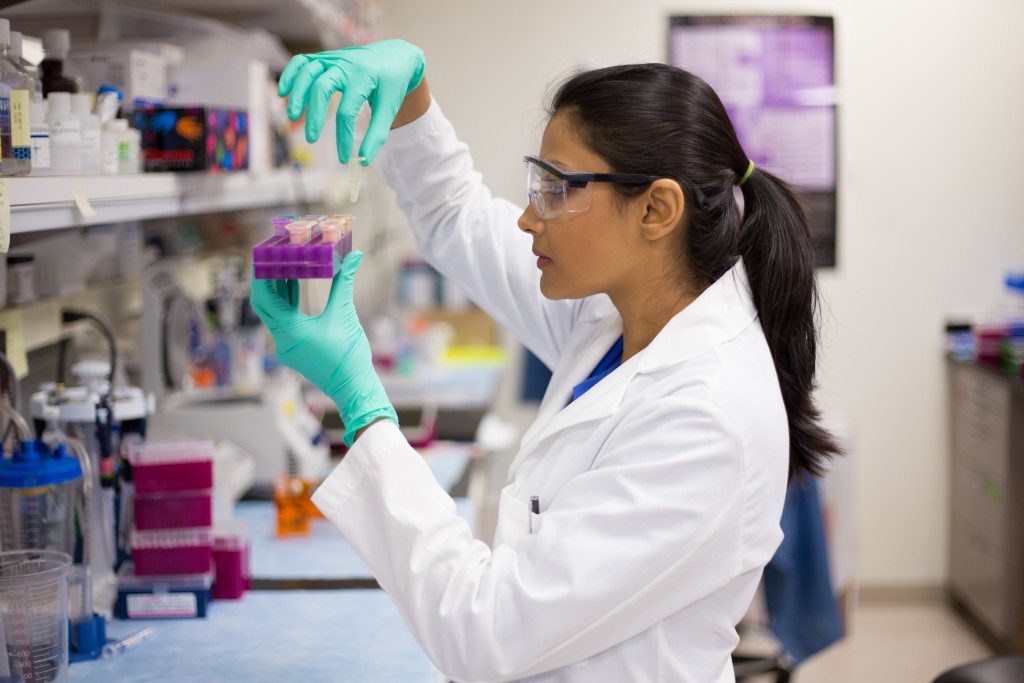The industry of medicine is widely encompassing. It’s divided into numerous branches which are further classified into subordinate branches. Moreover, medical care is not the only concern of healthcare establishments. While it may be the final output or the actual services delivered to patients, many processes have been conducted prior to its application.
A particular example is a clinical research, which is defined by the University of Virginia as the study of health and illness in people. This branch deals with in-depth learning of the prevention, diagnosis, and treatment of diseases.
Clinical research entails a variety of elements included in the process of scientific investigation. To put it simply, human participants are largely involved in clinical research practices. Clinical research aims to apply the results of laboratory research into the crafting of innovative treatments. Moreover, another goal of clinical research is to translate the said results into information that can be beneficial for patients.
Below, we’ll discuss the most common type of clinical research — clinical trial, as well as some special kinds that don’t necessitate testing.
Clinical Trials 101
Clinical research is an overarching term that covers a lot of areas. For instance, falling under its umbrella are clinical research and trials in fields like physiology and pathophysiology, mental health, epidemiology, education, healthcare services, and scientific outcomes. To start, a clinical trial, in its simplest sense, is a study or experiment that has been specifically designed to provide answers for a set of questions. These questions are mainly grounded on potential treatments or new methods of utilizing existing forms of treatment.
A clinical trial is also conducted in order to test the efficacy and safety of newly introduced medications and treatments. Oftentimes, a series of trials are incorporated into a tedious process that can run up to years.
The Process
 Firstly, qualified physicians study a new drug or treatment method in a laboratory setting. Typically, the initial study involves animal subjects. If the results prove to be promising, the physicians can move on to testing on human participants through clinical trials.
Firstly, qualified physicians study a new drug or treatment method in a laboratory setting. Typically, the initial study involves animal subjects. If the results prove to be promising, the physicians can move on to testing on human participants through clinical trials.
Clinical research is a growing industry, especially in progressive locations like Miami, Florida. In fact, many universities and medical institutions conduct clinical research in Miami, and volunteering for clinical trials is highly encouraged in the city.
Certain Exceptions
Contrary to popular belief, not all types of clinical research deal with testing drugs, devices, and medical treatments. There are actually a number of studies that don’t entail medication testing, and if a participant is taking a particular type of medication, it doesn’t need to be replaced or changed to see variations in bodily response.
The participation of volunteers who are in an optimal state of health is also necessary to enable researchers to make comparisons of their results to the results observed on people suffering from the specific disease being studied. The Food and Drug Administration (FDA) enumerates several examples of these kinds of research:
- Family history. For this thorough study of family history, family members are interviewed in order to obtain information on the medical history and needs of the participants.
- Psychological tests. This type of research is a long-term and careful study involving brain scans and various psychological tests.
- Genetic study. This study focuses on having the participants undergo blood tests. However, no changes will be made in their medication.
The medical field continues to progress, and while technological advancement is helpful in improving healthcare practices, determining the safety and effectiveness of innovations should be the utmost priority for the welfare of the general public.
